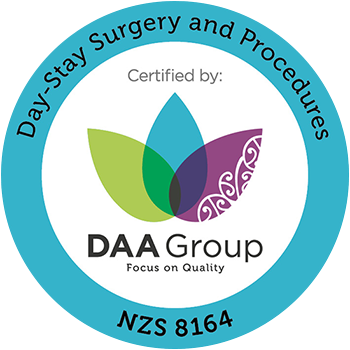Dr Ring shares what he looks for when he assesses you for laser eye surgery, and which type that might be best for you
Discover more about this condition and how to treat it
Discover if you could be free from glasses and contacts
Everyone deserves a life free from glasses and contacts, but not everyone is suitable. The best way to find out if vision correction is right for you is to book a free laser assessment. You’ll get a clear and honest answer on your suitability and treatment options.
Discover if you could be free from glasses and contacts
Everyone deserves a life free from glasses and contacts, but not everyone is suitable. The best way to find out if vision correction is right for you is to book a free laser assessment. You’ll get a clear and honest answer on your suitability and treatment options.
Choose the option below that sounds most like you to discover your best solution
Give us a call to understand how your insurance can help cover your treatment
Laser vision correction options can be confusing. We’ve made the journey as straightforward as can be
Get a quick overview of everything you need to know about gaining visual freedom
Caring for your eyes
Today is World Sight Day. A day to focus the world's attention on the importance [...]
Eye Institute Wellington Opening Evening
Eye Institute Wellington Opening Evening On Friday 19th May Eye Institute Wellington celebrated the opening of our stunning new Wellington [...]
The Ophthalmologist Power List 2023
The Ophthalmologist Power List 2023 Congratulations to Professor Helen Danesh-Meyer for being recognised [...]
Follow the links below to learn more about treating long-sightedness from authoritative sources.
Note: These links will take you off our website













